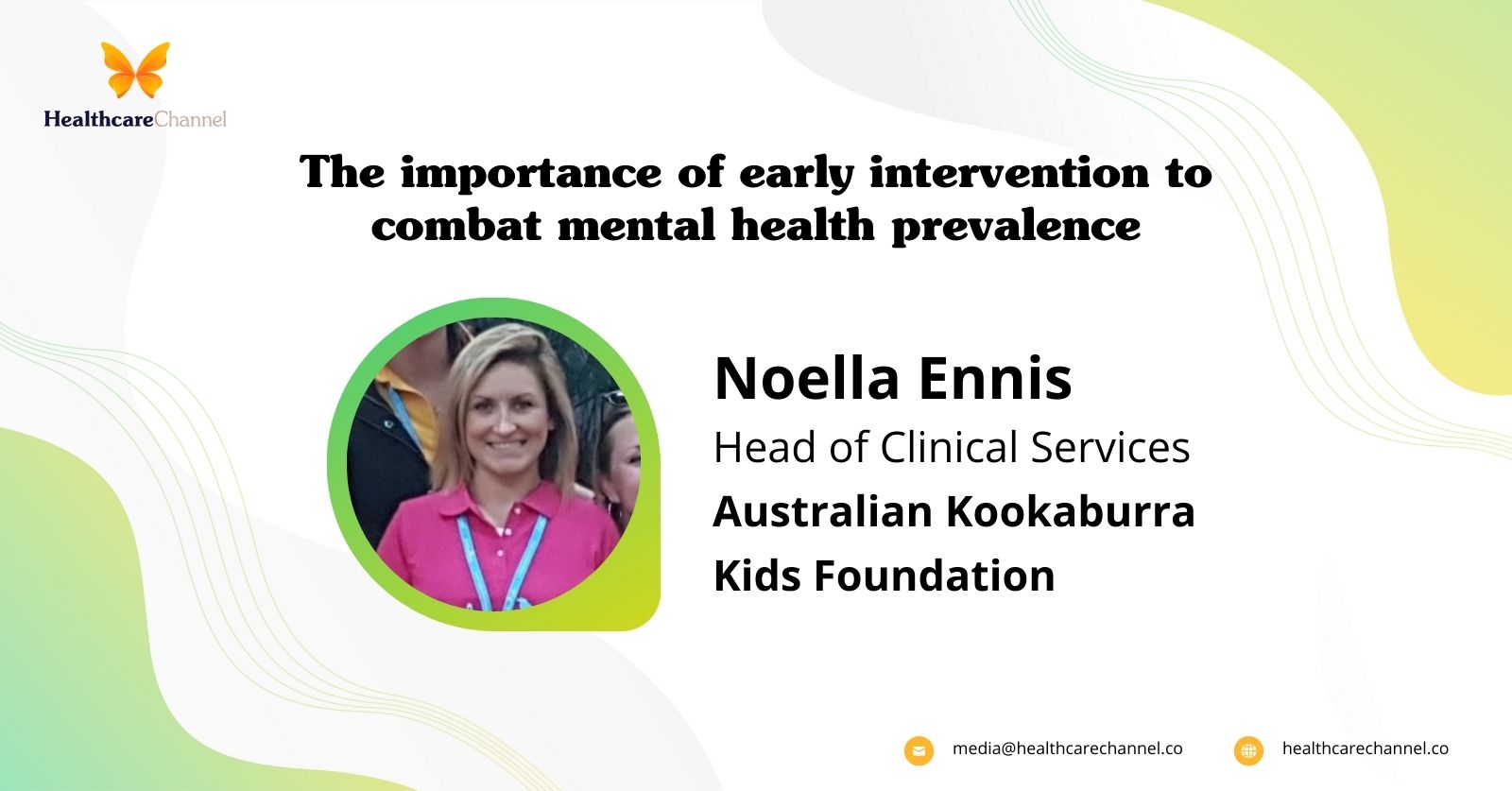Hepatitis Australia welcomes the Australian Government’s commitment of short-term (12 months) funding under the National Preventive Health Strategy 2021-2030 to support key organisations to continue existing programs in the national response to hepatitis B, C, HIV and STIs.
“The Government has allocated $8.6 million in 2022-23 allowing key organisations to continue important work towards elimination by 2030,” said Carrie Fowlie, Chief Executive Officer of Hepatitis Australia, the national peak body representing the interests of 350,000 people living with viral hepatitis and the State and Territory Hepatitis Organisations.
It should be noted that the $8.6 million includes a $5 million commitment to implement key activities under the Fifth National Aboriginal and Torres Strait Islander Blood Borne Viruses and Sexually Transmissible Infections Strategy 2018–2022, to improve health outcomes for Aboriginal and Torres Strait Islander people living with, or at risk of blood borne viruses and/or sexually transmissible infections.
“We strongly support this critical one-year investment in Aboriginal and Torres Strait Islander BBV/STI health, as First Nations leadership is critical to achieving elimination”, said Ms Fowlie.
The remaining $3.6 million is to support existing programs under the four other national BBV and STI Strategies including the National Hepatitis B Strategy and the National Hepatitis C Strategy.
However, this short-term funding highlights an ongoing challenge to the national response where funding is often received late and short in duration.
“We support Minister Hunt’s acknowledgement at the Budget Briefing that health needs long-term investment strategies, and we desperately need to change this pattern of short-term funding for hepatitis B and C”, said Carrie Fowlie.
“Australia has committed to the elimination of hepatitis B and C by 2030, and is currently developing new National Strategies from 2023 to 2030 to get us back on track. This long-term policy commitment needs to be matched by a long-term implementation investment.”
Hepatitis Australia will engage with the government and the new parliament as a matter of priority to address the funding uncertainty for the national response from 1 July 2023.
“Progress towards 2030 elimination targets has stalled in recent years and we simply cannot afford further interruptions in service delivery and access to care for priority populations. We must not surrender the hard-fought gains made by affected communities and the sector more broadly”, said Ms Fowlie.
Original content from Hepatitis Australia. Note: Content has been edited for style and length.
Nina Alvarez is a Content Producer for Healthcare Channel. Her interests include writing, particularly about the healthcare sector and the many ways it can improve to further benefit people from all walks of life.






























